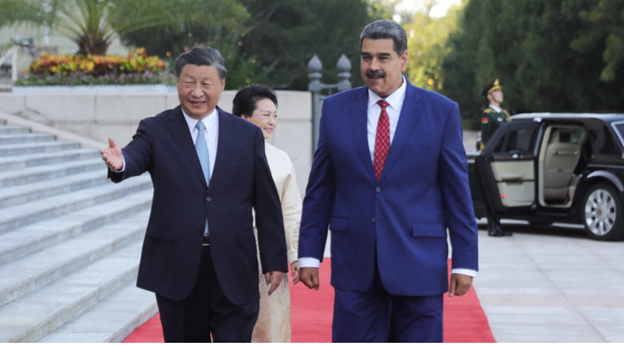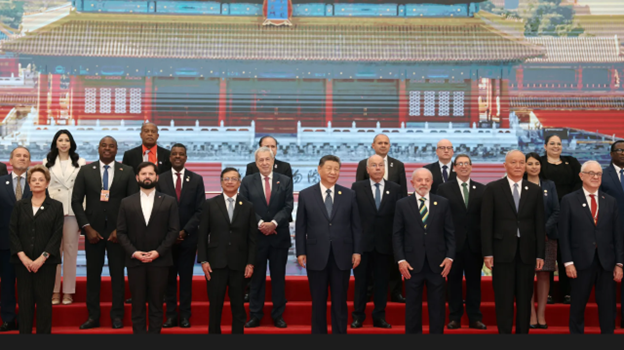The Consequences Of Imperialist Arrogance
In almost all the tragedies of ancient Greek theater, the protagonist has committed a fatal moral offense which leads them to a deadly outcome, almost always facilitated by their overweening arrogance. In the case of the progressive collapse of the collective West, one is dealing with five centuries of countless crimes of genocidal conquest and slavery. But their hateful culture of arrogance does not allow Western leaders to admit that they owe the wealth and political-military power of their countries to this genocidal criminality. This arrogance in the face of the collective West’s decline gets expressed in diplomatic bad faith and unilateral aggression, exacerbating the lack of cooperation and trust that characterizes the current international crisis.















